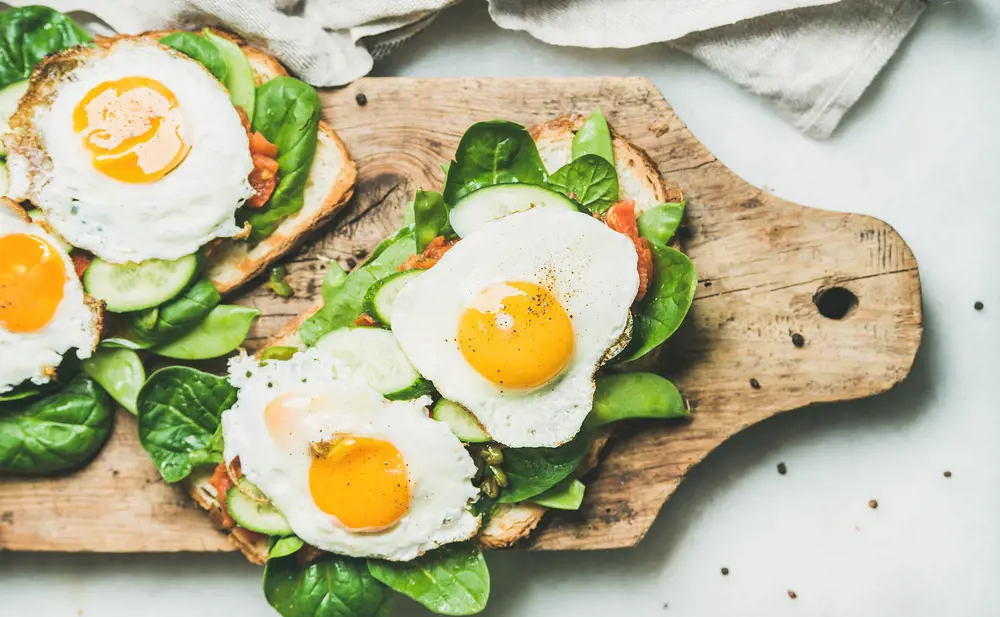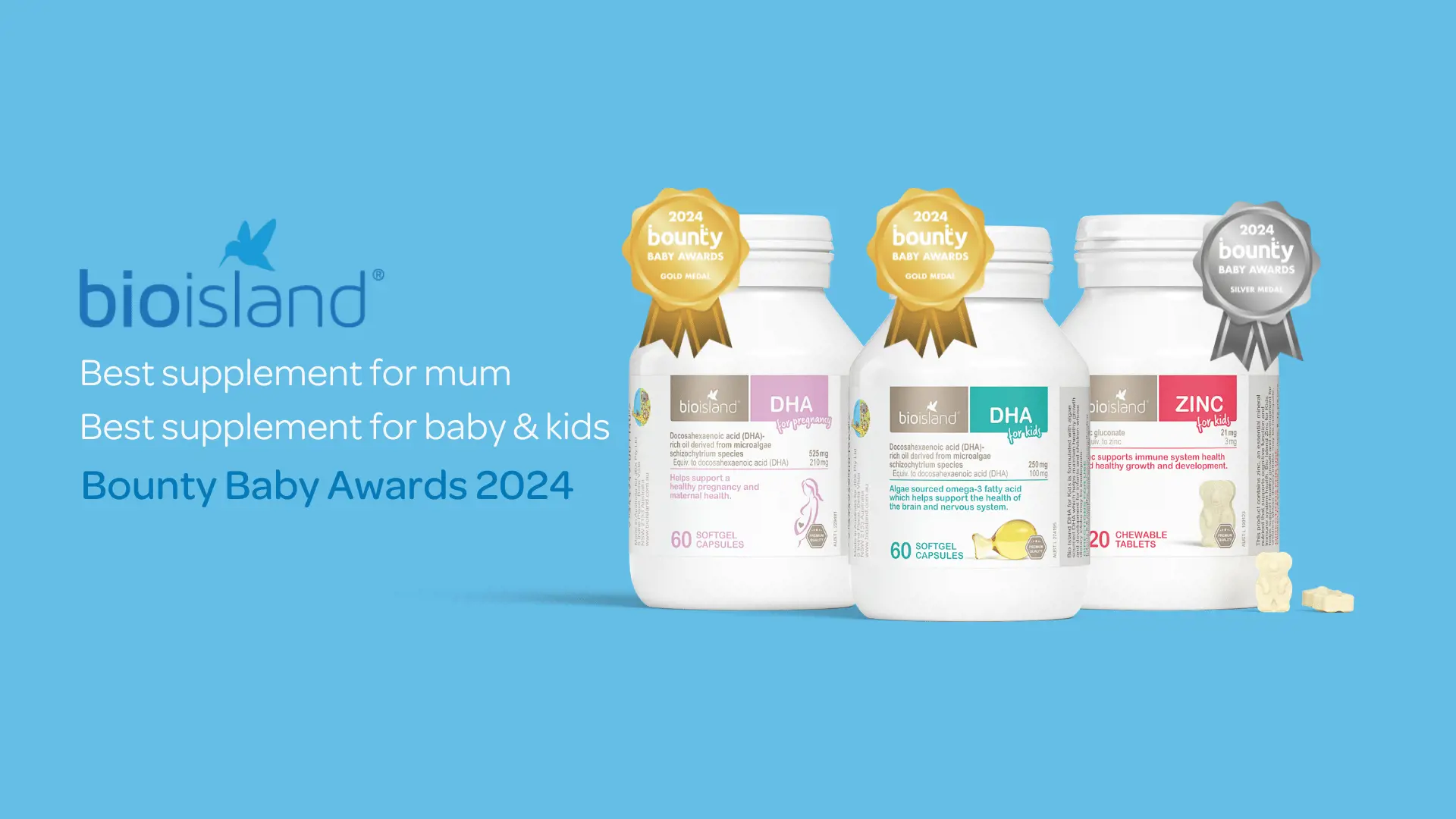
What is cholesterol and what are ways to help keep it in balance?
Many people believe that cholesterol is a bad thing, but our bodies need cholesterol (in healthy moderation) in order to build cells, produce vitamins and hormones and synthesise vitamin D.
Adult & Seniors Health, Nutrition
By Bio Island Nutrition Team
What is cholesterol?
Cholesterol is an essential type of fat that is carried in the blood. Although many people inherently believe that cholesterol is a bad thing, our bodies need cholesterol in order to build cells, produce vitamins and hormones and synthesise vitamin D. Most of the cholesterol found in our body is produced by the liver, the remainder comes from animal products such as dairy products, meat and poultry. So why are we constantly being told to reduce our saturated fat intake and lower our cholesterol? To answer this, you first need to know more about LDL and HDL.
There are two types of cholesterol
Cholesterol is commonly reported on a blood test as ‘LDL’ and ‘HDL’. LDL stands for Low-Density Lipoprotein and HDL stands for High-Density Lipoprotein, and these lipoproteins help to transport cholesterol around our body. HDL is known as the ‘good’ cholesterol because these high-density lipoproteins transport excess cholesterol to the liver to be expelled from the body. Low-density lipoproteins (LDL) is known as the ‘bad’ cholesterol because it transports cholesterol to your arteries and can lead to the development of atherosclerosis and heart disease.
When too much cholesterol is a bad thing
So, while cholesterol itself is essential to keep our bodies functioning, it’s important to know your LDL and HDL ratio to ensure you are within healthy ranges. Balancing the types of fats that you consume in your diet is one of the most important facts to consider when trying to keep your cholesterol within healthy limits. This is because the dietary cholesterol we get from animal foods only has a small influence on LDL cholesterol, while saturated fats are the biggest contributor to raising LDL cholesterol. In turn, healthier unsaturated fats help to balance cholesterol levels by reducing LDL cholesterol and increasing the production of HDL cholesterol.
What to do about it
It is important to speak with your doctor about any cholesterol concerns and find out what your cholesterol levels are by asking your doctor to perform a cholesterol or lipid profile blood test. Your doctor will know how to interpret these results and will be able to guide you if you require any immediate treatment. In the meantime, simple dietary and lifestyle changes can make a big impact on your cholesterol and help to keep you in good shape, lowering the risk of developing cardiovascular disease.
- Reduce your dietary intake of trans and saturated fats by avoiding fried foods, baked goods, tropical oils and untrimmed red meat.
- Eat plenty of wholefoods like fruits and vegetables, whole grains, nuts and legumes, lean meats, fatty fish and vegetable or olive oils.
- Aim to exercise for at least 20-30 minutes per day.
- Reduce your stress levels (you can even incorporate this in with your exercise routine by practicing yoga, stretching or by going for a walk outside).
- If you are a smoker, try to quit. Speak with your doctor if you would like to know how they can help you achieve your goal as this can be one of the hardest habits to break.
Hopefully, you now know a little more about cholesterol, how it benefits our body and the dangers of having imbalanced LDL and HDL levels. The more you can do today to help keep your cholesterol in balance the better your health will be and you will greatly lower your risk of developing cardiovascular diseases in you lifetime.
This information does not take into account your personal situation and is general in nature. You should consider whether the information is appropriate for your needs and seek professional medical advice.
Always consult your healthcare professional before taking any supplements or if any concerns arise.






